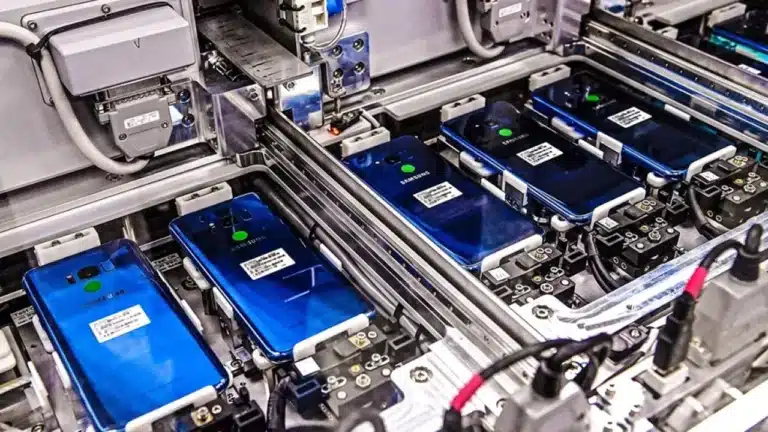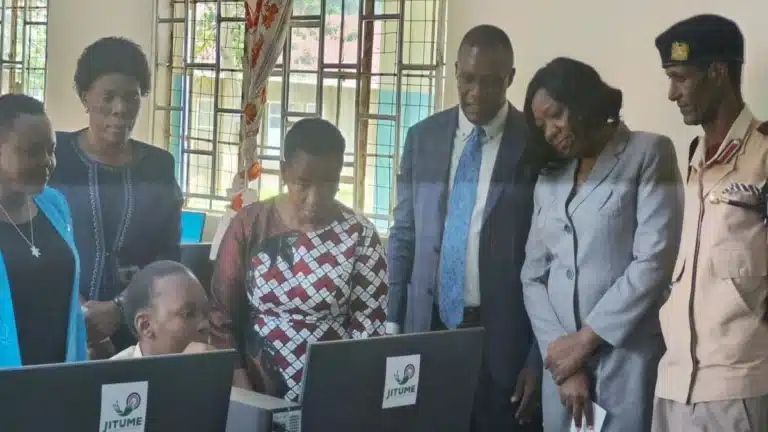Overview
Over 600,000 users of ‘Pochi La Biashara’ payment service can now access small loans at a flat one-off access fee of 2.76 percent of the total loan amount following a deal inked by Safaricom and Fintech firm Pezesha.
Target Group
The new loan service caters to informal business owners who may not otherwise access loans from the banks and other micro-finance institutions due to lack of a collateral. With Mkopo Wa Pochi, small business owners will be able to borrow money directly and from the convenience of their M-Pesa business accounts, allowing them to differentiate between money meant for business and for personal use.
Credit Management
Pezesha’s vast experience in credit management will be instrumental during the evaluation of the credit history of the borrowers, through the credit bureaus, to ensure that defaulters have their names listed and are denied future loans. “Loans advanced shall be subject to a tenor of seven days and a maximum rollover period of fourteen days during which a roll over fee equivalent to 3.85% for the fourteen days shall be charged. You may only roll over the loan once,” Safaricom says in its terms and conditions.
Customers can either pay in instalments or pay in full before the due date of the repayment of the loan. Customers are also advised that if by the due date the loan will not have been repaid, deductions from the wallet will be automatically executed.
Pezesha Funding and Partnership
In May this year, Pezesha received US$ 500,000 from the Development Finance Corporation to improve its credit-scoring technology. This transaction will act as a seal of approval to boost the company’s standing in the credit management market, in which it has already touched over 50,000 MSMEs.
Comparative Analysis With Other Services
In addition to M-Shwari and Fuliza, Safaricom’s ‘Mkopo Wa Pochi’ is another credit facility that has been instrumental in providing urgent short loans to its clients. The success in this business has made a number of loaning applications get into the market; banks have incorporated applications that allow their customers to borrow short-term loans. Most of these small business owners do not require large volumes of capital, since they would struggle to refund such amounts. Short loans are also mostly preferred by them; these are easily refundable and more convenient as they permit the businessman to stock his enterprise within the shortest time possible. It is also true that technology advancement, coupled with the increased penetration of mobile phones, has made these loans lucrative and viable to earners.
Challenges and Perceptions
However, defaulting these loans has been a headache for its providers since 2020. Many customers have also regarded short loan apps and services as ‘stressful inconveniences’ that they could do without, hence they would opt out. But short loan platforms have maintained their services are only useful with business, and not personal, household needs.








